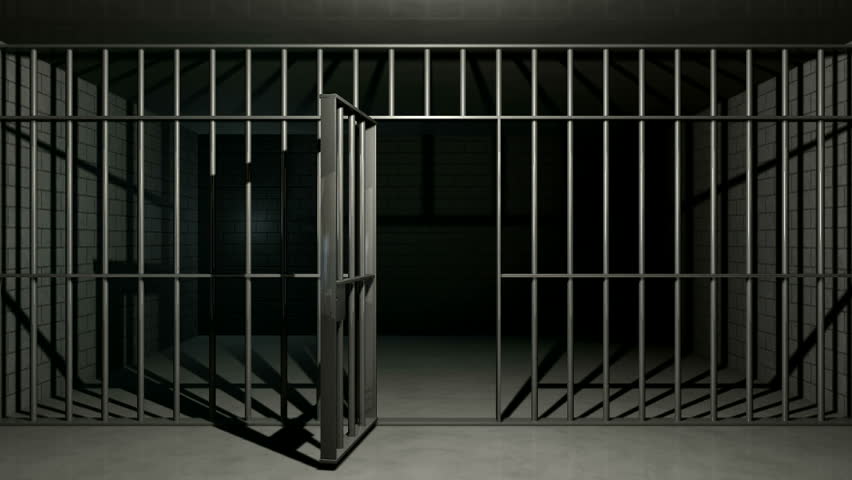The Robinson family of Mumford, Tennessee have become rather famous in their home town. They are one of three players who recently won the record-breaking $1.6 billion US Powerball lottery jackpot. They opted for the lump sum payment of their third which, after taxes, netted them a staggering $528 million.
But now, former inmate Jonathan Lee Riches has sued the MultiState Lottery Commission in an attempt to stop the pay out, or get his half of the money.
It’s clear from the handwritten lawsuit riddled with spelling errors that Mr Riches is no lawyer, but he is serious about his claim. According to him, he was in regular contact with Tiffany Robinson, the daughter of winners John and Lisa Robison. Furthermore, he alleges that during his incarceration he sent Tiffany $20 from his prison trust to purchase lottery tickets. His suit goes on to explain that he and Tiffany were to be married and now he is disappointed that her parents are spending his half of the money.
By contrast, John Robison has told the media that he bought the ticket at his wife’s request. He purchased four quick-picks for each member of the family and thought no more about it. But his wife stayed up that night to watch the draw and note the winning numbers.
In the meantime John and Lisa Robinson together with their daughter, Tiffany, appeared on the Today show were they revealed their plans for the money. They plan to donate to the St. Jude’s Research Hospital in Memphis and their local church. Tiffany is looking forward to paying off her student debt and mentioned that she would like a horse. It seems that they have carefully thought about how to spend their winnings and made some good decisions. This recent lawsuit brought against them seems rather ridiculous and is unlikely to go anywhere.
But it’s not unusual for lottery jackpot winners to be slapped with a law suit after winning. Many players have faced suits from co-workers, friends and family who want a piece of the pie. Promising to split your winnings with someone is a promise you should never make lightly. And even if the claims are settled, you could still shell out a hefty amount in lawyers’ fees and taxes.
Eva Reyes found this out the hard way when she won a $1 million jackpot. The owner of the liquor store where she bought the ticket claiming that she promised to split the prize with him after he fronted her money to buy the tickets. He was able to produce a note signed by Reyes promising to give him $50 000, but which had been altered to $350 000—the exact half of the total prize money after taxes.
The disputed amount was held in an escrow account until the matter was finalised. Initially, Reyes was prepared to honour her original promise of $50 000, but after being slapped with a law suit she’d rather let the lawyers sort it out. The hassle and expense of trying to sort something like this out in court is certainly not what one expects after winning the lottery. Even if you don’t make a promise to share your winnings with someone, there are other things that can crop up.
For example, an Alabama Waffle House waitress won a substantial $10 million prize on a ticket given to her by a customer. But when she wanted to transfer the winning ticket to a family company in which she owned a 49% stake, the Tax Court held her liable for gift tax.
And you should never forget that before any claims are paid out the IRS will take their cut. This is normally about 25% of the final prize money for US citizens and 30% for foreigners. Then, you have to take into account state taxes which vary depending where the winning ticket was bought. On a sum such as $1.6 billion, that can be a lot of money.
Lottery winners would be wise to take on some financial advice before they start spending their winnings. There are many stories of winners who either squander their cash or go on to make a bad investment and lose their fortune as quickly as they won it. While it’s doubtful the Robison’s will lose much sleep over the suit brought by Jonathan Lee Riches, the rest of us should take heed from this story.
If you’re going to play the lottery, think sensibly about how you would handle a big jackpot. It’s easy to get carried away dreaming about big houses, flashy cars and luxurious overseas travel, but it’s better to be prepared. You might laugh it off because you think your odds of winning aren’t very good, but anyone can win. If you didn’t believe you had a chance, you wouldn’t buy a ticket.





